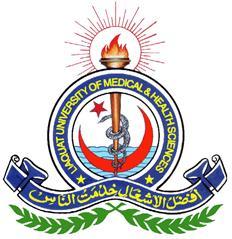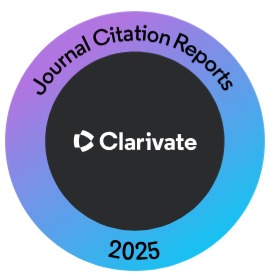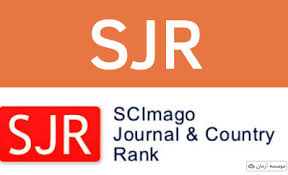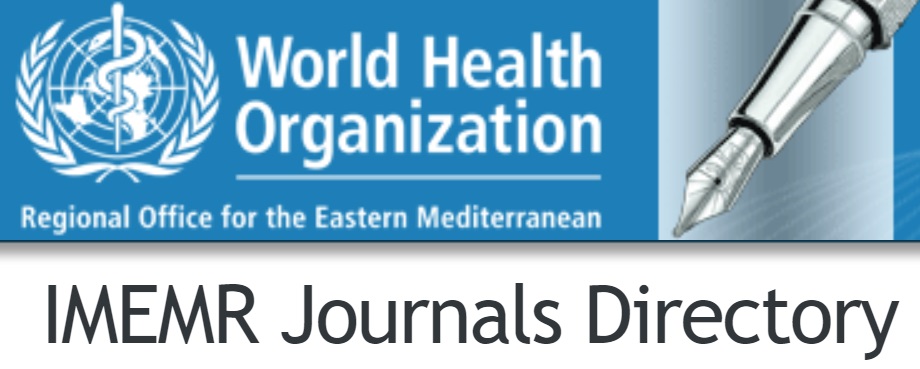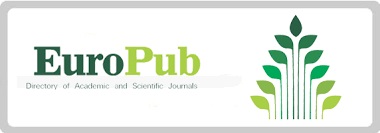Self-Medication in Patients with Melasma: Risk Factors and Consequences
Keywords:
Self-Medication, Melasma, Risk Factor.Abstract
OBJECTIVE: To assess self-medication in melasma cases by examining their reasons and
consequences.
METHODOLOGY: This descriptive cross-sectional study included 300 melasma cases were selected by
convenience sampling from outdoor Dermatology and Medicine Department Rawal Institute of Health
Science Islamabad (January-June 2018).
Patients already under care of dermatologist and with severe systemic illness, also, patients with
underlying endocrine disease or systemic conditions leading to hyper pigmentation, cases with drug
induced pigmentation and receiving oral contraceptive pills were excluded. Demographic details,
self-medication type, reasons, complications and alternative therapy were documented. Data analyzed
by SPSS V-17 with significant p<0.05.
RESULTS: Among 300 melasma cases, 227(75.6%) reported self-medication with 213(93.8%) females and
14(6.2%) males, mean age 30+5.7 years and melasma duration 3.55+3.6 years. Superficial melasma 156
(68.8%) and deep 64(28%). Sun-block used by 29(12.8%). Oral self-medication 15(6.6%), alternative
medicine 70(30.8%), mud application 42(18.5%), whitening creams 149(65.6%) and therapy by beautician
136(60%). Hospital access lack in 14(6.2%), lack of money 7(3%), distrust on doctors 3 (13.2%),
perceived as minor disease 176(77.5%). Reason for consultation was no improvement in 84 (37%), partial
improvement 50(22%) and worsening 93(43%). Complications observed were acne in 91(40%), skin
thinning 14(6.2%) and hirsutism 44(19.4%). Associations were acid peptic disease 21(9%), family history
28(12%) and pregnancy 8(3.5%). Mean expenditure was 4,160 rupees/month.
CONCLUSION: Self-medication by whitening creams and therapy by beautician is frequent among
melasma cases followed by herbal therapy, mud application, oral and topical medication. Delayed
presentation and associated complications of self-medication i.e. acne, hirsutism, skin thinning,
folliculitis and telangiectasias need to be addressed. Authors recommend sun-block and early
dermatology consultation to prevent complications, recurrence and improve quality of life.
Downloads
Published
How to Cite
Issue
Section
License
Submission of a manuscript to the journal implies that all authors have read and agreed to the content of the undertaking form or the Terms and Conditions.
When an article is accepted for publication, the author(s) retain the copyright and are required to grant the publisher the right of first publication and other non-exclusive publishing rights to JLUMHS.
Articles published in the Journal of Liaquat University of Medical & health sciences are open access articles under a Creative Commons Attribution-Noncommercial - Share Alike 4.0 License. This license permits use, distribution and reproduction in any medium; provided the original work is properly cited and initial publication in this journal. This is in accordance with the BOAI definition of open access. In addition to that users are allowed to remix, tweak and build upon the work non-commercially as long as appropriate credit is given and the new creations are licensed under the identical terms. Or, in certain cases it can be stated that all articles and content there in are published under creative commons license unless stated otherwise.


